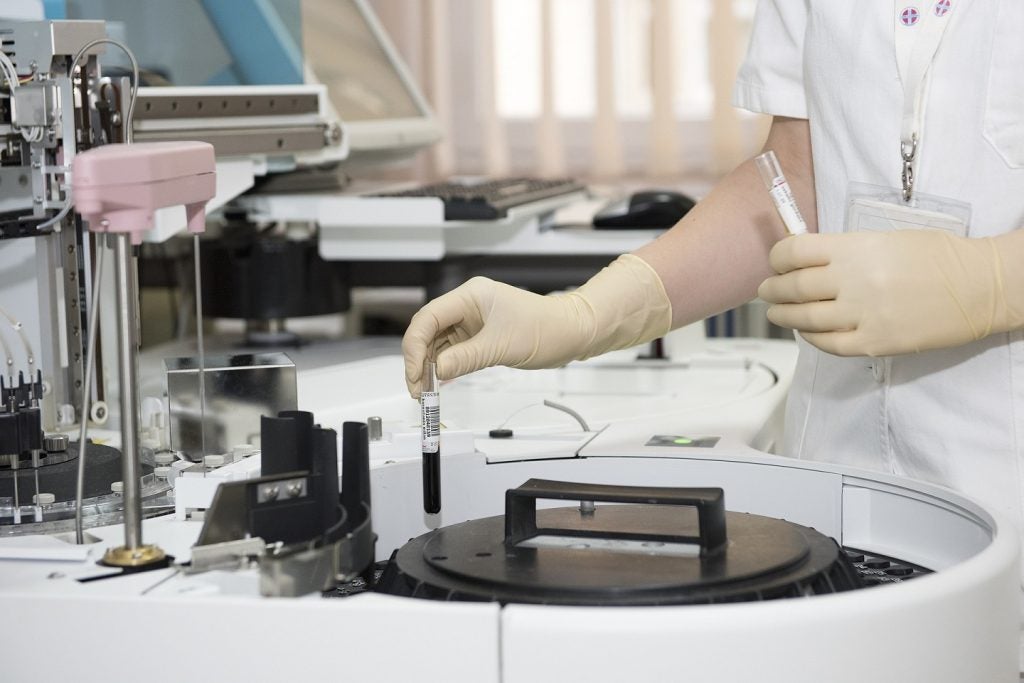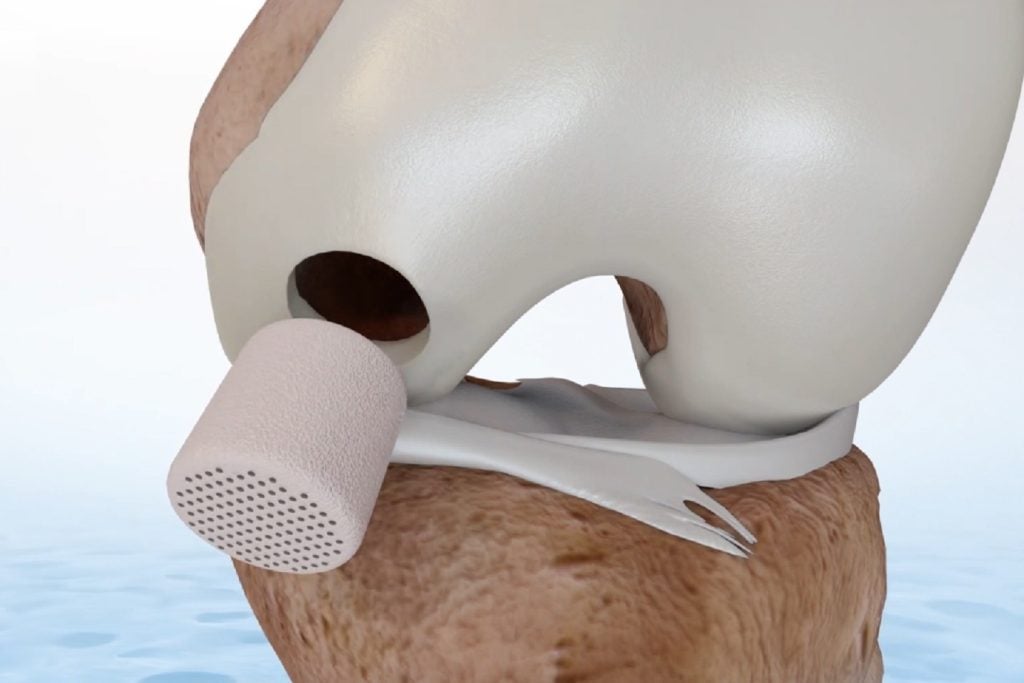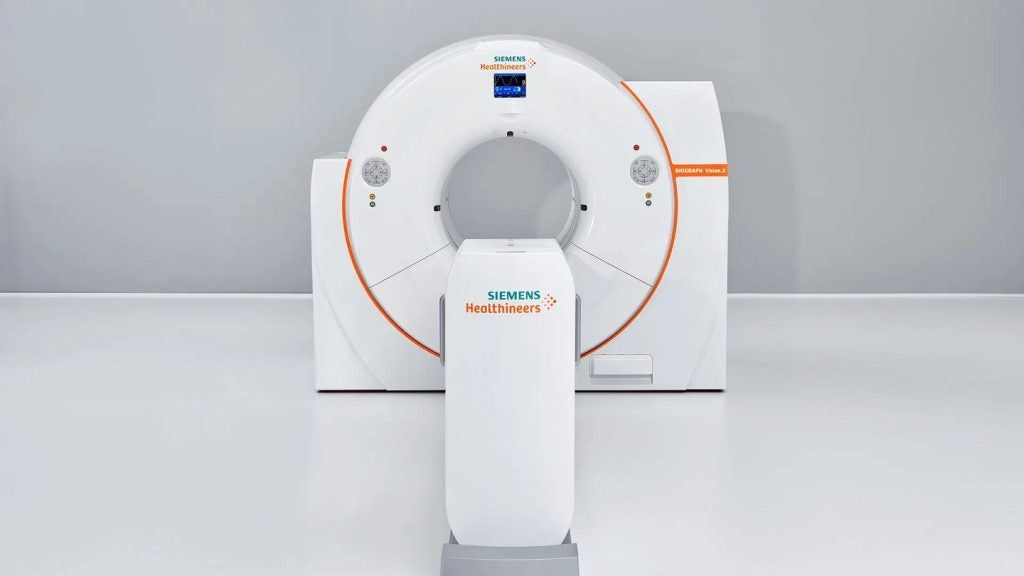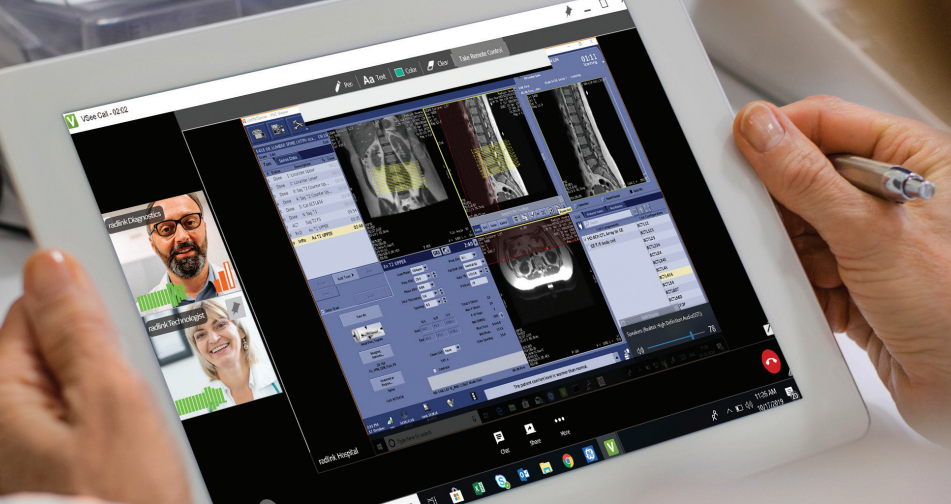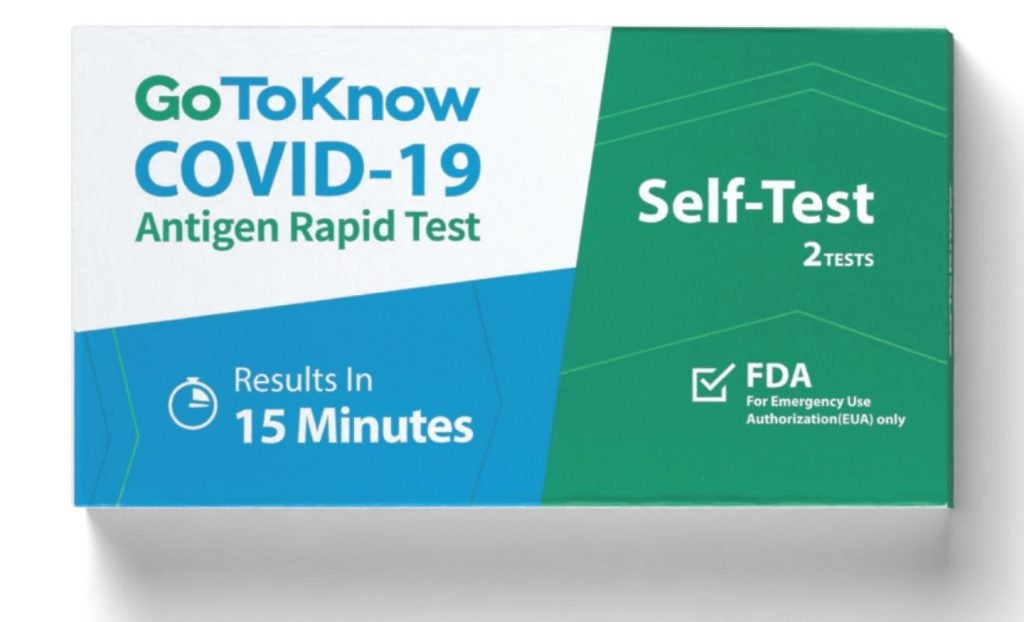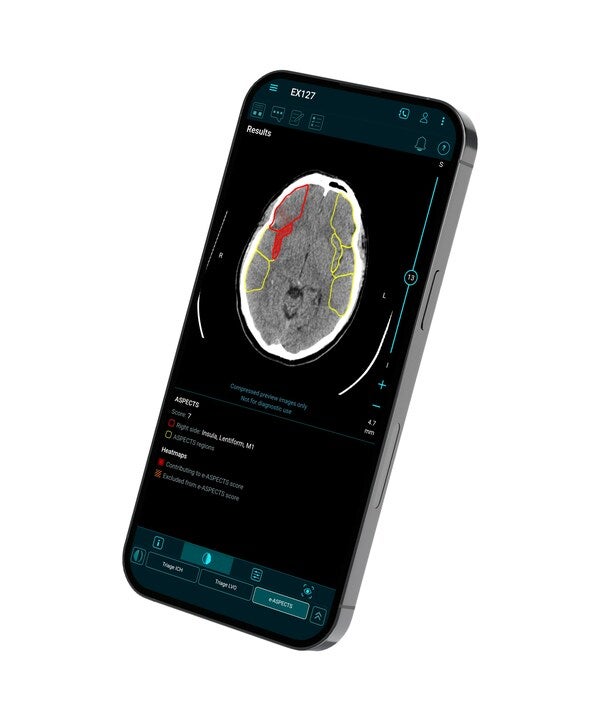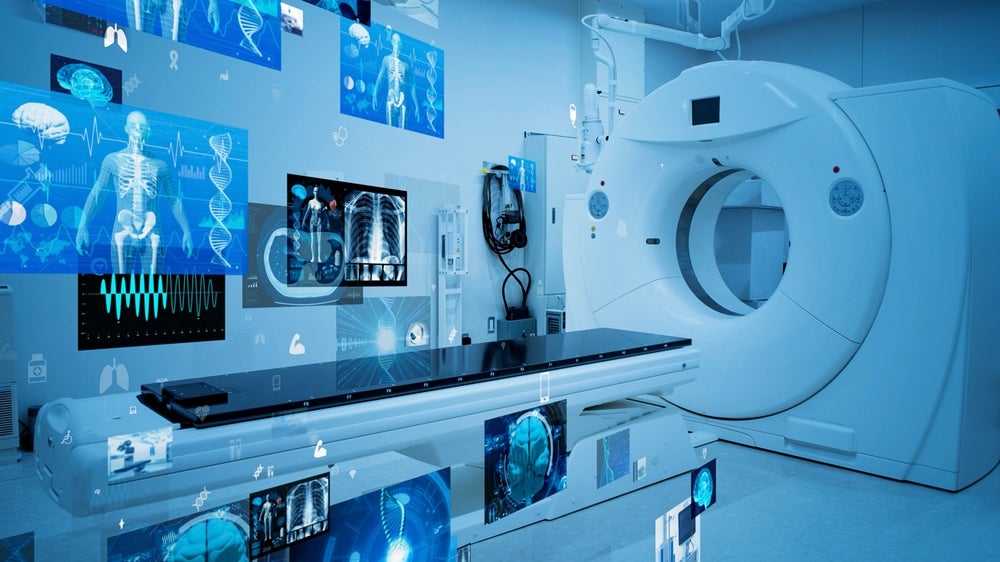Life Molecular Imaging (LMI) and its partner CMI have received approval for the reimbursement of the amyloid positron emission tomography (PET) diagnostic tool, Neuraceq, by governmental health insurance.
The C2 path approval from the Japanese Ministry of Health, Labor, and Welfare marks Neuraceq the first amyloid PET diagnostic tool currently reimbursed in the country.
The Neuraceq radioactive diagnostic agent is indicated for PET imaging of the brain. It is used to estimate beta-amyloid neuritic plaque density in adult patients with cognitive impairment being assessed to treat Alzheimer’s disease.
LMI said the reimbursement will allow Japanese physicians to use the diagnostic tool to accurately assess their patients with cognitive decline.
By assessing the density of amyloid plaques, earlier diagnosis can be improved and further guide therapy and patient management.
LMI managing director Dr Ludger Dinkelborg said: “Achieving reimbursement for amyloid PET using Neuraceq in Japan is an important milestone. We are pleased that our amyloid PET tracer, a very important and reliable diagnostic imaging agent, is now available for more Japanese patients.”
LMI Americas and APAC COO Colleen Ruby added: “We will continue to work with our partner CMI in Japan to improve the diagnosis of patients being evaluated for mild cognitive impairment (MCI) and Alzheimer’s disease, and to make Neuraceq available to more referring physicians across the country.”
Available in Japan from the approved Synthera+ medical device, Neuraceq is accessible at Keio University Hospital, Tokyo, Koseikai Takeda Hospital, Kyoto and Uozumi Clinic, Kumamoto.


